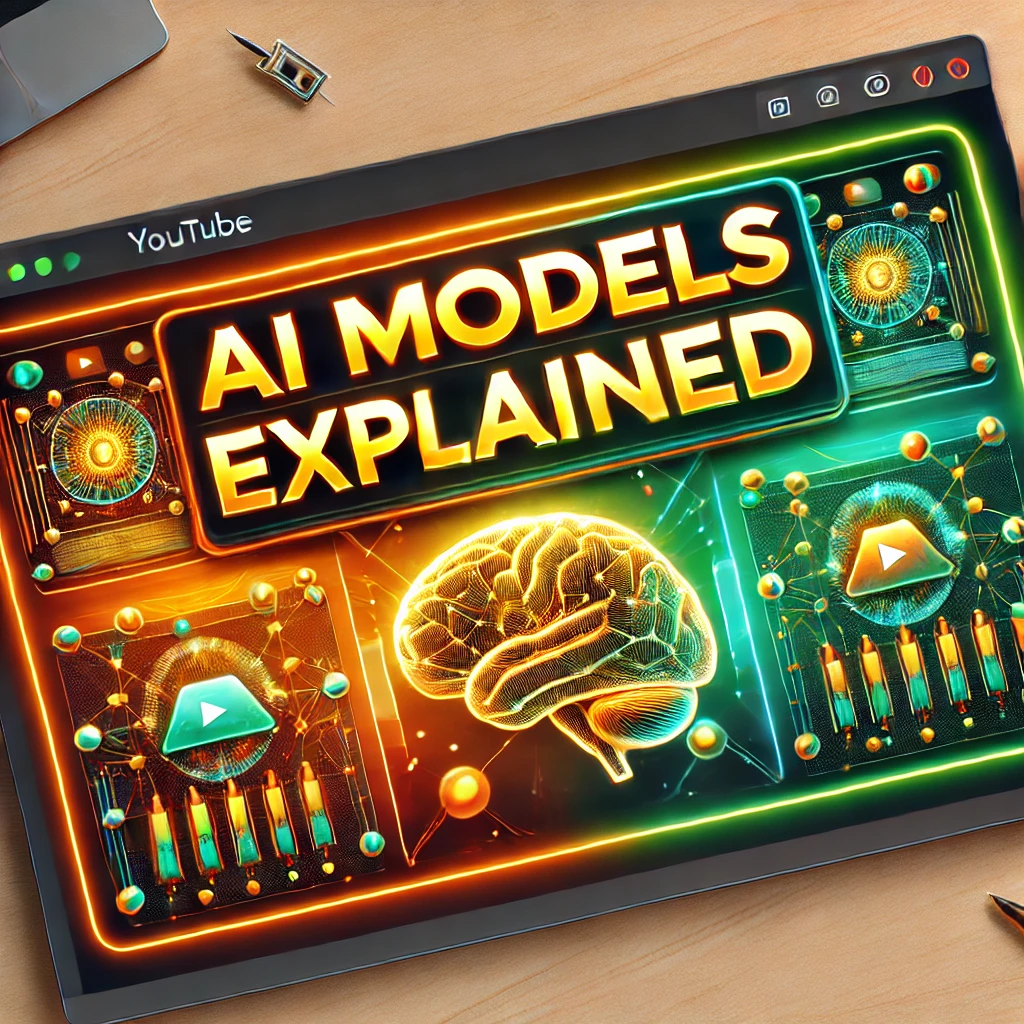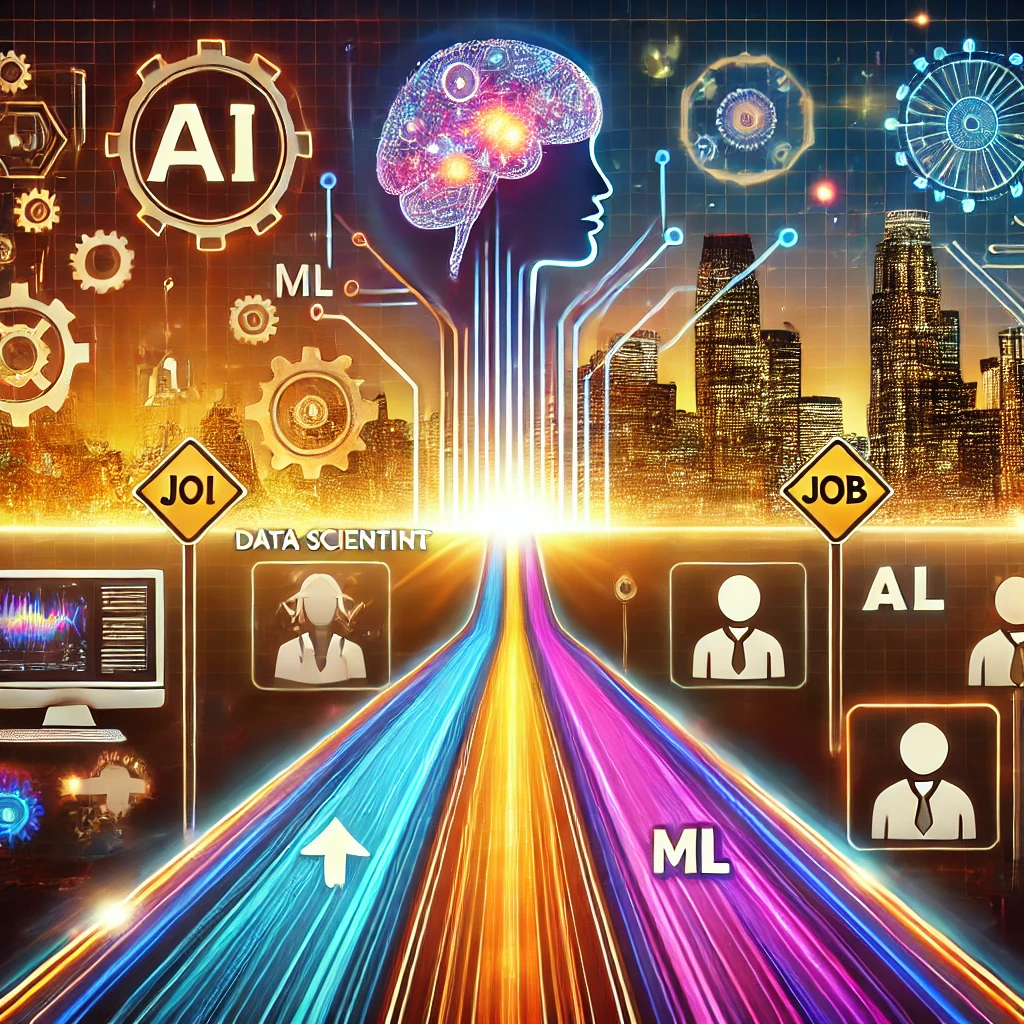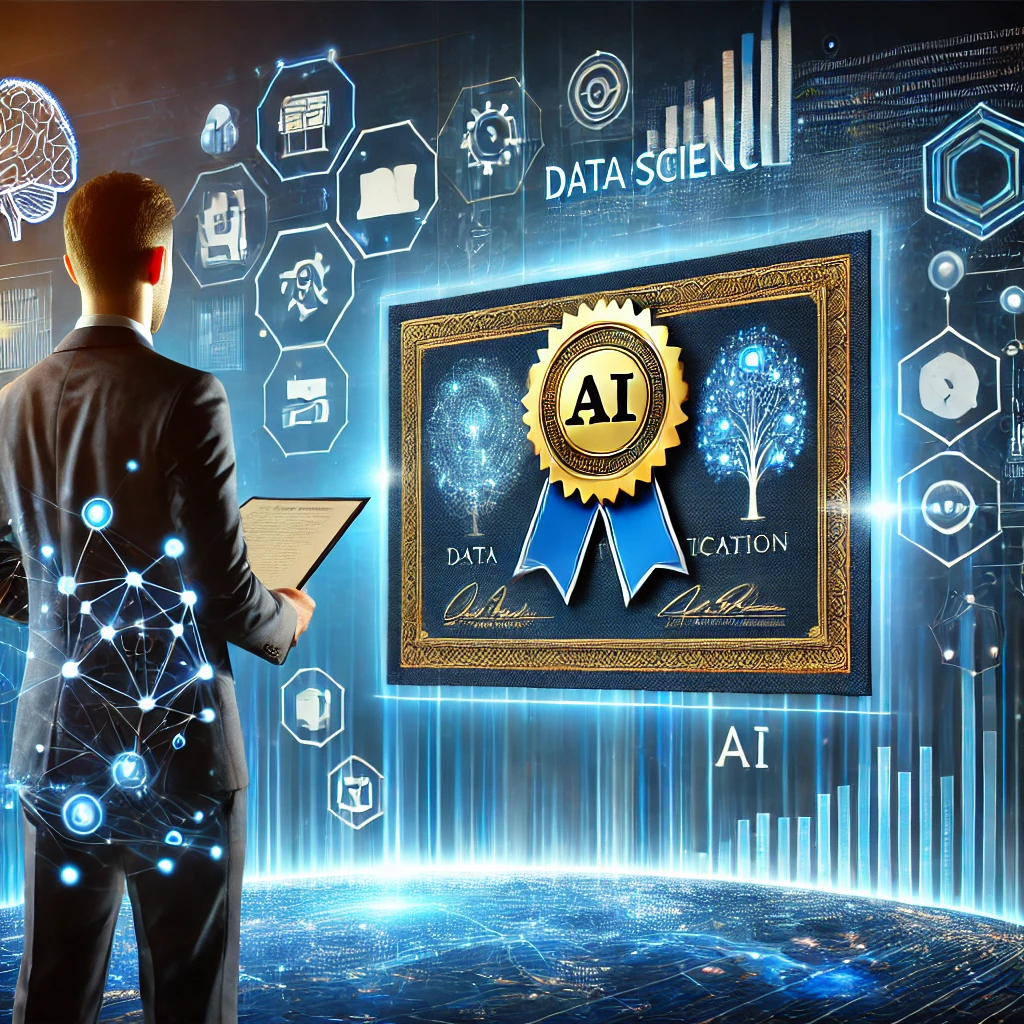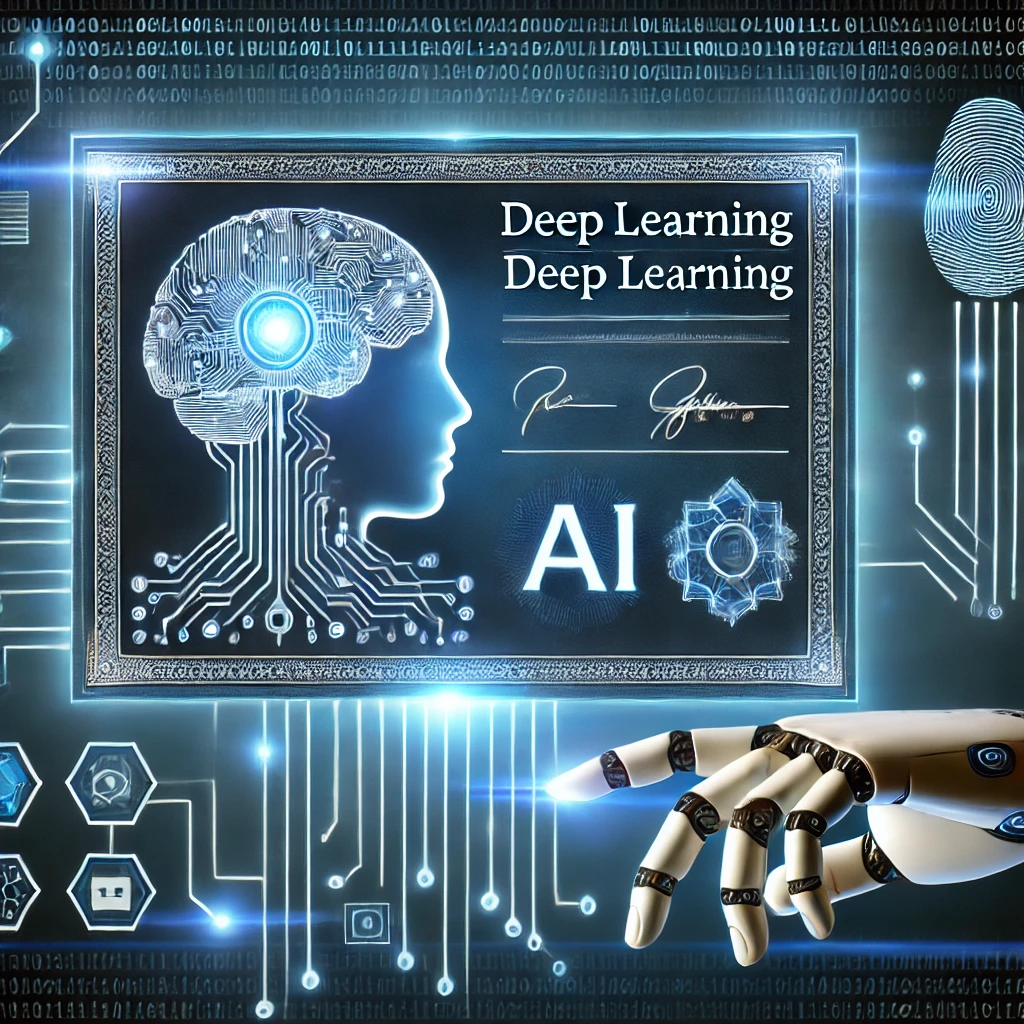Artificial Intelligence (AI) has transformed industries across the globe, offering groundbreaking solutions to complex problems. At the heart of AI’s functionality lies its most critical component: AI models. These sophisticated tools are the foundation of AI systems, enabling machines to perform tasks such as recognizing speech, predicting outcomes, and personalizing user experiences. In this article, we will explore what AI models are, their importance, and how they shape industries like healthcare, finance, and retail.
Table of Contents
ToggleWhat Are AI Models?
An AI model is a mathematical algorithm trained to perform a specific task. It uses data to learn patterns, make predictions, and execute decisions without human intervention. These models result from machine learning (ML), a subset of Artificial Intelligence where systems learn and improve from experience. Depending on the type of task, different models—such as neural networks, decision trees, or regression models—are applied to achieve the desired outcomes.
For example, a retail company might use an AI model to analyze customer-purchasing behavior and recommend products. Similarly, in healthcare, AI models play a crucial role in diagnosing diseases by analyzing medical imaging data.
How AI Models Are Built These Days?
Building an AI model involves several steps:
- Data Collection: Collecting a dataset relevant to the problem you are solving is the first step. For instance, to build a model for healthcare diagnostics, data from medical records or imaging is essential.
- Preprocessing: This involves cleaning and preparing data to ensure accuracy.
- Choosing a Model: The selection of the right AI model—supervised, unsupervised, or reinforcement learning—depends on the task.
- Training the Model: The model is trained using the dataset to recognize patterns and relationships.
- Testing and Validation: Once trained, the model is tested for performance and fine-tuned to improve its accuracy.
Why AI Models Matter
The true power of AI models lies in their versatility and efficiency. They enable businesses and organizations to solve problems faster and more accurately than traditional methods. Let us explore their significance across various sectors:
AI in Healthcare
In healthcare, AI models are revolutionizing diagnostics and patient care. From predicting disease outbreaks to identifying anomalies in medical imaging, these models save lives by providing early and accurate insights. AI-powered systems, such as virtual assistants, also streamline hospital operations and improve patient experiences.
AI in Finance
The financial industry relies heavily on AI models for fraud detection, risk assessment, and customer support. For instance, machine-learning algorithms analyze transactional data to flag suspicious activities in real-time. Investment firms use predictive models to forecast market trends and optimize portfolios, ensuring smarter financial decisions.
AI for Business
Across industries, AI models empower organizations to make data-driven decisions. They enhance productivity, optimize operations, and create personalized customer experiences. By utilizing machine learning for business professionals, companies can upskill their workforce and integrate AI effectively into their operations.
AI for Marketing
Marketing strategies have been revolutionized by AI models that analyze consumer behavior and deliver targeted campaigns. Tools like chatbots, predictive analytics, and recommendation engines personalize user experiences, boosting customer retention and driving sales.
AI in Retail
The retail industry benefits from AI models that manage inventory, forecast trends, and improve supply chain efficiency. Virtual shopping assistants and personalized recommendations are just a few examples of how AI elevates the retail experience.
The Role of Data Science in AI Models
The development of these models would be impossible without data science. This interdisciplinary field ensures the proper collection, analysis, and utilization of data for training models. Pursuing data science certifications can equip individuals with the necessary skills to handle data and contribute to AI advancements.
Career Paths in AI and ML
With the increasing adoption of Artificial intelligence, there is a growing demand for professionals skilled in building and managing AI models. Careers in AI and ML include roles such as data scientists, machine learning engineers, and AI specialists. Professionals aiming to enter the field should explore AI and ML career paths to identify opportunities in sectors like healthcare, finance, and retail.
The Future of AI Models
The future of AI models is limitless. Innovations in neural networks, reinforcement learning, and unsupervised learning are pushing the boundaries of what AI can achieve. Industries such as healthcare and finance will continue to reap benefits, while newer applications in education, environmental monitoring, and smart cities will emerge.
Moreover, businesses that invest in AI for business will see significant gains in efficiency and innovation. By prioritizing machine learning for business professionals, companies can ensure they stay competitive in the AI-driven era.
Conclusion
AI models are the backbone of artificial intelligence, transforming how we approach problem-solving in every domain. From AI in healthcare to AI in retail, their impact is evident in industries worldwide. As businesses and individuals embrace this technology, investing in skills like data science certifications and exploring AI and ML career paths will be critical to harnessing its full potential.
In an increasingly AI-driven world, understanding and utilizing AI models is no longer optional—it is the key to unlocking future innovation and success.
FAQs
1. What are AI models?
These are mathematical algorithms designed to perform specific tasks like recognizing patterns, making predictions, and solving problems by learning from data.
2. Why are AI models important in business?
They help businesses make data-driven decisions, optimize processes, and personalize customer experiences, providing a competitive advantage in sectors like retail, marketing, and finance.
3. How can professionals upskill in AI?
Professionals can pursue machine learning for business professionals programs and earn data science certifications to enhance their understanding and implementation of AI models.
4. Which industries benefit the most from AI models?
Industries such as healthcare, finance, retail, and marketing benefit significantly by using AI models for automation, prediction, and decision-making.
5. What are some career opportunities in AI and ML?
AI and ML offer diverse career paths such as data scientist, machine learning engineer, AI specialist, and more. Exploring AI and ML career paths can help professionals find their niche.



